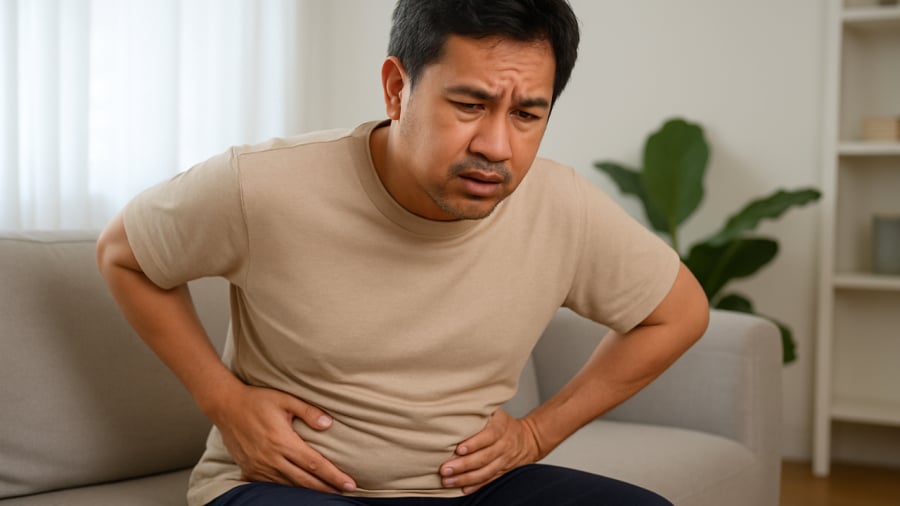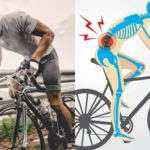Prostate Gland: A Small Organ with Big Responsibilities
Located just below the bladder, the prostate is a small gland, about the size of a walnut, but it plays a crucial role in the male reproductive and urinary systems. It is responsible for producing seminal fluid, controlling the flow of urine, and influencing sexual function.
However, as men age, especially after 50, the prostate becomes more susceptible to unpredictable changes. One of the most feared risks is prostate cancer, which can develop silently over many years without causing any noticeable symptoms. Many people only discover they have this cancer when it is in its later stages, as the body starts to exhibit specific signs.
7 Subtle Signs of Prostate Cancer
Listed below are seven of the most common indications that men should be mindful of. While these symptoms may not be apparent at first, their persistence or simultaneous occurrence should not be ignored.
Urinary Problems
If you find yourself waking up frequently in the middle of the night to urinate, or experience difficulty urinating, a weak stream, or a feeling of not being able to empty your bladder, these could be signs of an enlarged prostate or a tumor pressing on the gland. Don’t mistake these symptoms for a common urinary tract infection, as they are early indicators of prostate cancer.
Pain During Ejaculation or Intercourse
A sharp pain during intercourse, particularly during ejaculation, can be more than just annoying; it could indicate internal damage to the prostate. Don’t let embarrassment prevent you from seeking medical attention. Prostate cancer can often start with such subtle pains.

Changes in Semen and Urine
Pink-tinged semen or blood in the urine, even in small amounts, are warning signs of damaged capillaries within the prostate. While this symptom may disappear quickly, it should not be taken lightly.
Lower Back, Hip, or Upper Thigh Pain
Prostate cancer that has spread to the pelvis or spine can cause persistent, low-grade pain in the lower back, hips, or upper thighs. Many people mistake this pain for common bone and joint issues, such as lumbar pain or sciatica.
Decline in Male Sexual Function
A decrease in libido, difficulty achieving or maintaining an erection, and other sexual dysfunctions can be attributed to a drop in male sex hormones due to prostate cancer. When the prostate is affected, hormone production and blood flow to the sexual organs are also impacted.
Unexplained Decline in Overall Health
If you constantly feel exhausted despite adequate rest, lose interest in food, or experience sudden weight loss without dieting or exercising, it could indicate a serious underlying health condition, including cancer.
Digestive Issues and Bowel Movement Changes
Since the prostate is located near the rectum, a tumor can press on the rectum and cause difficulties with bowel movements, leading to prolonged constipation or a feeling of incomplete evacuation. These subtle changes are often overlooked and mistaken for hemorrhoids or digestive issues.
Taking Action Early is Key
Prostate cancer is not a death sentence if detected early. Unfortunately, many men tend to overlook initial symptoms or avoid medical examinations due to embarrassment. This hesitation reduces the chances of a successful treatment outcome.
If you or a loved one is middle-aged, it is essential to develop the habit of regular health check-ups to prevent potential risks. A simple test can help detect this dangerous disease early on, protecting your health, virility, and quality of life.
Common Pain Points When Starting to Ride a Bike: Causes and Effective Remedies
During the training process or for beginners in cycling, it is common to experience various pains such as back pain, knee pain, hand pain, muscle pain, neck pain, and more. To overcome these discomforts, let’s explore the common pains that occur when starting to cycle, their causes, and effective remedies with us!

































